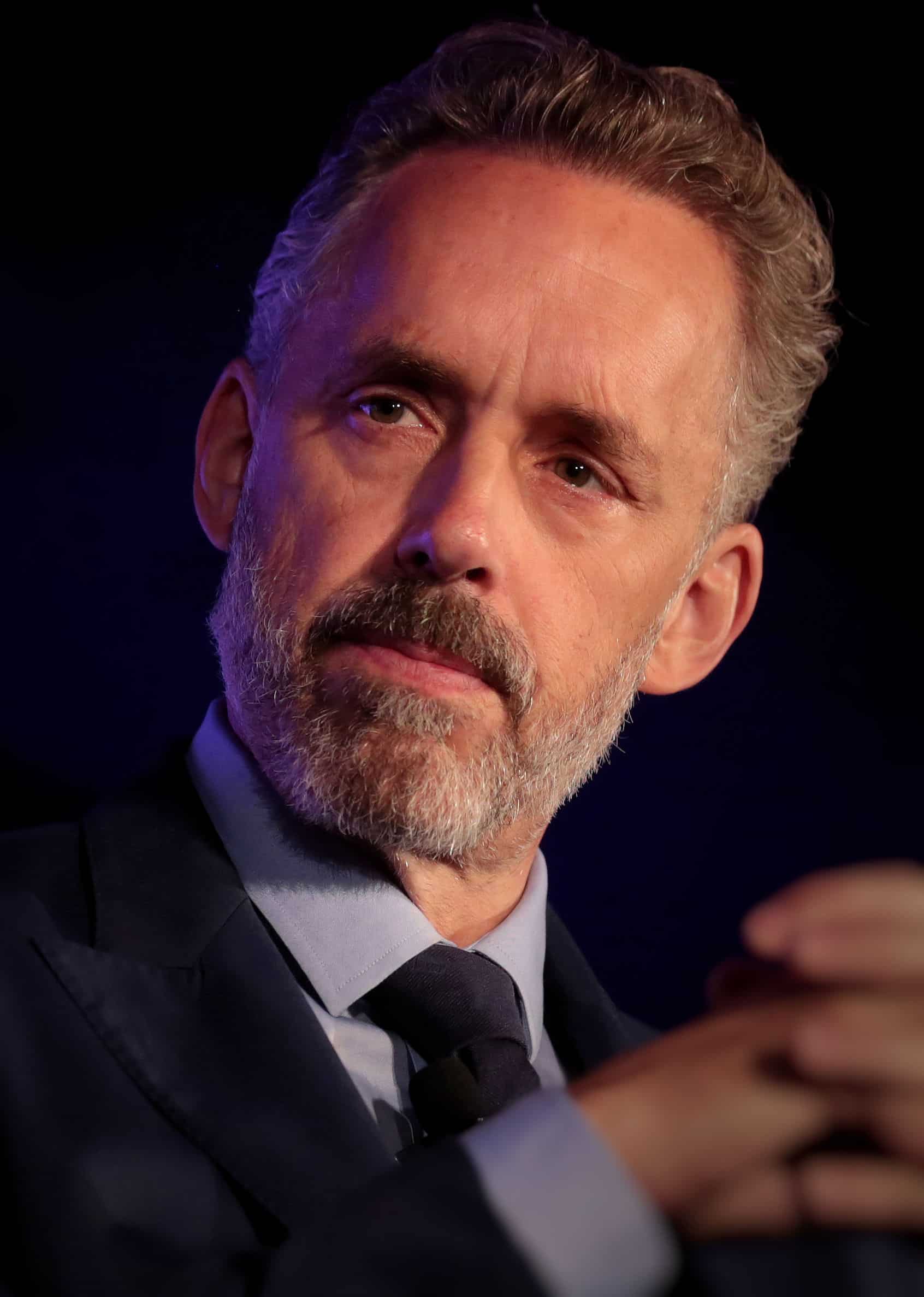A court in Ontario, Canada, ruled against psychologist and media figure Jordan Peterson on Wednesday. The court upheld a decision made by a regulatory body requiring Peterson to undergo social media training following complaints about his contentious online posts and statements.
Last November, the College of Psychologists of Ontario ordered Peterson, a professor emeritus at the University of Toronto psychology department, author, and media commentator, to participate in a coaching program focused on professionalism in public statements.
This move came in response to numerous complaints filed by the governing body of Ontario psychologists, of which Peterson is a member. The complaints revolved around his online remarks directed at politicians, a plus-sized model, transgender actor Elliot Page, and other subjects.
The complaints committee of the college concluded that his provocative public statements could potentially be deemed professional misconduct. As a result, they mandated Peterson undergo a media coaching program and warned that non-compliance could lead to the revocation of his psychology practice license in the province.
Peterson sought a judicial review, arguing that his political commentary fell outside the college’s jurisdiction.
In a unanimous decision, three judges from the Ontario Divisional Court dismissed Peterson’s application. They determined that the college’s decision fell within its authority to regulate the profession in the public interest and did not infringe upon his freedom of expression.
Justice Paul Schabas, who authored the decision, stated that the order wasn’t a disciplinary action and did not curtail Peterson’s ability to express himself on controversial topics. He acknowledged a minimal impact on Peterson’s freedom of expression.
Peterson contended that his statements were made in a personal capacity rather than as a clinical psychologist, a stance rejected by the court. Schabas argued that Peterson could not claim to function as a clinical psychologist in the public space while evading responsibility for potential harm stemming from his role as a trusted professional.
In an interview with CBC News, Peterson stated that he would comply with the training requirement and make it public. He maintained his belief that he hadn’t done anything wrong and upheld the value of free speech.
The court’s decision garnered attention from advocates of free speech and regulatory bodies across professions. Interveners in the case included the Canadian Civil Liberties Association, the College of Physicians and Surgeons of Ontario, and the LGBTQ+ advocacy group Egale Canada.
The court’s ruling was seen as a step toward regulating degrading speech by members of professional bodies. This decision was welcomed by some for ensuring high standards of conduct within regulated professions.
Join us in helping to bring reality and decency back by SUBSCRIBING to our Youtube channel: https://www.youtube.com/channel/UCQ1Ll1ylCg8U19AhNl-NoTg and SUPPORTING US where you can: Award Winning Independent Citizen Media Needs Your Help. PLEASE SUPPORT US FOR JUST £2 A MONTH https://dorseteye.com/donate/












